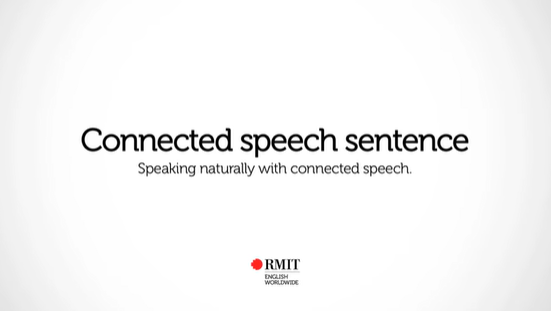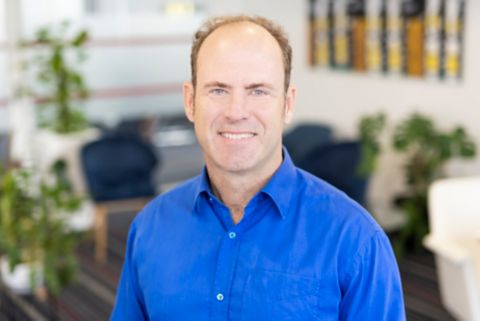Confused, well that question is actually, what did you get up to on the weekend? But of course in real speech, no one talks like I just talked. This is actually the way it sounds when we speak naturally. What'd you get up to on the weekend? By speaking naturally, I mean speaking at real speed, not slowly and with connected speech.
Connected speech is when we join words together in the process of forming sentences and questions to make conversation. I'm going to show you how to ask this question using connected speech and show you a few things that happen to words and sounds when we speak naturally in English. Let's start with the first three words of the question. What did you. You can see that the last letter of what T and the first letter of the next word D are I quite similar in sound.
In T and D the tongue is in the same position in the mouth. What happens is the T sound disappears and becomes D as you join the words, what did together. This often happens when similar consonant sounds occur between words. The next thing that happens is when you join the words did and you together because the last letter of did, D connects with the Y sound in you. It becomes the sound J as in juice. This is called consonant-vowel linking.
The last thing that usually happens is that the oo sound in you will be shortened, because we don't usually stress this word in this question. The next part of the question is get up to on. This time the T in get becomes a D sound when you connect it to the A sound in up. Also when you connect to on the double vowel of oo and up becomes a what sound, so it sounds like get up to one. This is called vowel linking.
The last part is easy, the weekend. The sound E in the is not stressed as it's not an important word. The E sound becomes A the word week, which follows is stressed, so we get the weekend. Put it all together and it's, what'd you get up to on the weekend. One more time. What'd you get up to on the weekend? Did you have fun?



